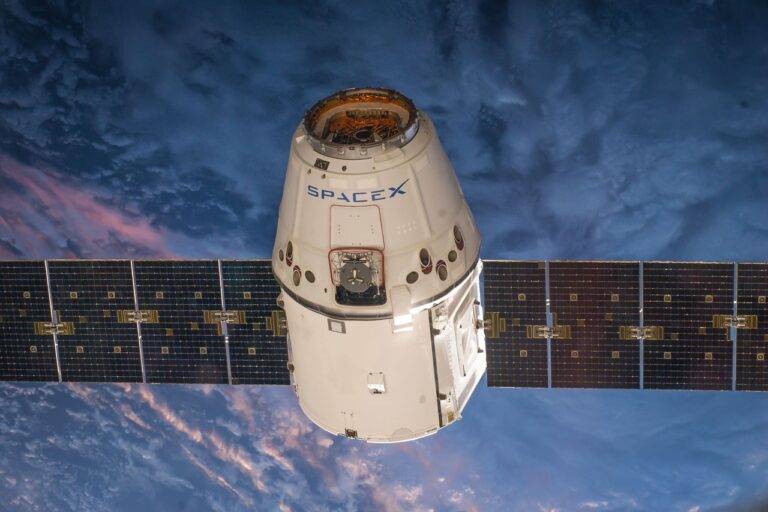Advancements in Biotechnology: Promising Developments and Ethical Concerns
Biotechnology, a rapidly evolving field, encompasses the manipulation of biological systems and organisms to develop innovative products and technologies. This interdisciplinary science integrates principles from biology, chemistry, engineering, and computer science to revolutionize various industries, including healthcare, agriculture, and environmental conservation.
Through the utilization of genetic engineering, biotechnology has enabled the production of genetically modified organisms (GMOs) with enhanced traits such as resistance to pests and diseases. In the healthcare sector, biotechnological advancements have led to the development of therapeutic proteins, vaccines, and diagnostic tools that have transformed the prevention and treatment of diseases.
Impacts of Biotechnology on Medicine
Biotechnology has revolutionized the field of medicine in remarkable ways. Through the advancements in biotechnology, the development of personalized medicine has become a reality. This tailored approach to healthcare allows for treatments to be customized according to an individual’s genetic makeup, leading to more effective and targeted therapies. Additionally, biotechnology has played a key role in the production of biopharmaceuticals, including insulin and growth hormones, which have significantly improved the quality of life for patients with chronic conditions.
Furthermore, biotechnology has paved the way for innovative diagnostic tools that have transformed the way diseases are detected and monitored. The use of genetic testing, biomarker analysis, and imaging techniques has enabled healthcare professionals to make more accurate diagnoses and develop personalized treatment plans. These advancements have not only enhanced patient outcomes but have also contributed to the early detection of diseases, ultimately saving lives.
What is biotechnology?
Biotechnology is the application of biological organisms, systems, or processes to develop products and technologies that improve our lives.
How has biotechnology impacted medicine?
Biotechnology has revolutionized medicine by providing advanced tools for diagnosis, treatment, and prevention of diseases.
Can you give examples of biotechnological advancements in medicine?
Yes, examples include gene therapy, personalized medicine, genetically modified organisms for drug production, and advanced diagnostic tools like PCR and DNA sequencing.
How has biotechnology improved the efficiency of drug development?
Biotechnology has enabled the development of targeted therapies, reducing side effects and improving efficacy of treatments for various diseases.
What are some ethical concerns related to biotechnology in medicine?
Ethical concerns include issues of genetic manipulation, privacy of genetic information, access to expensive biotechnological treatments, and potential misuse of biotechnological advancements.
How has biotechnology impacted the field of regenerative medicine?
Biotechnology has played a crucial role in advancing regenerative medicine by enabling tissue engineering, stem cell therapies, and organ transplantation techniques.
What is the future of biotechnology in medicine?
The future of biotechnology in medicine holds promises of personalized medicine, novel treatment options for incurable diseases, and advancements in precision medicine based on genetic understanding.





